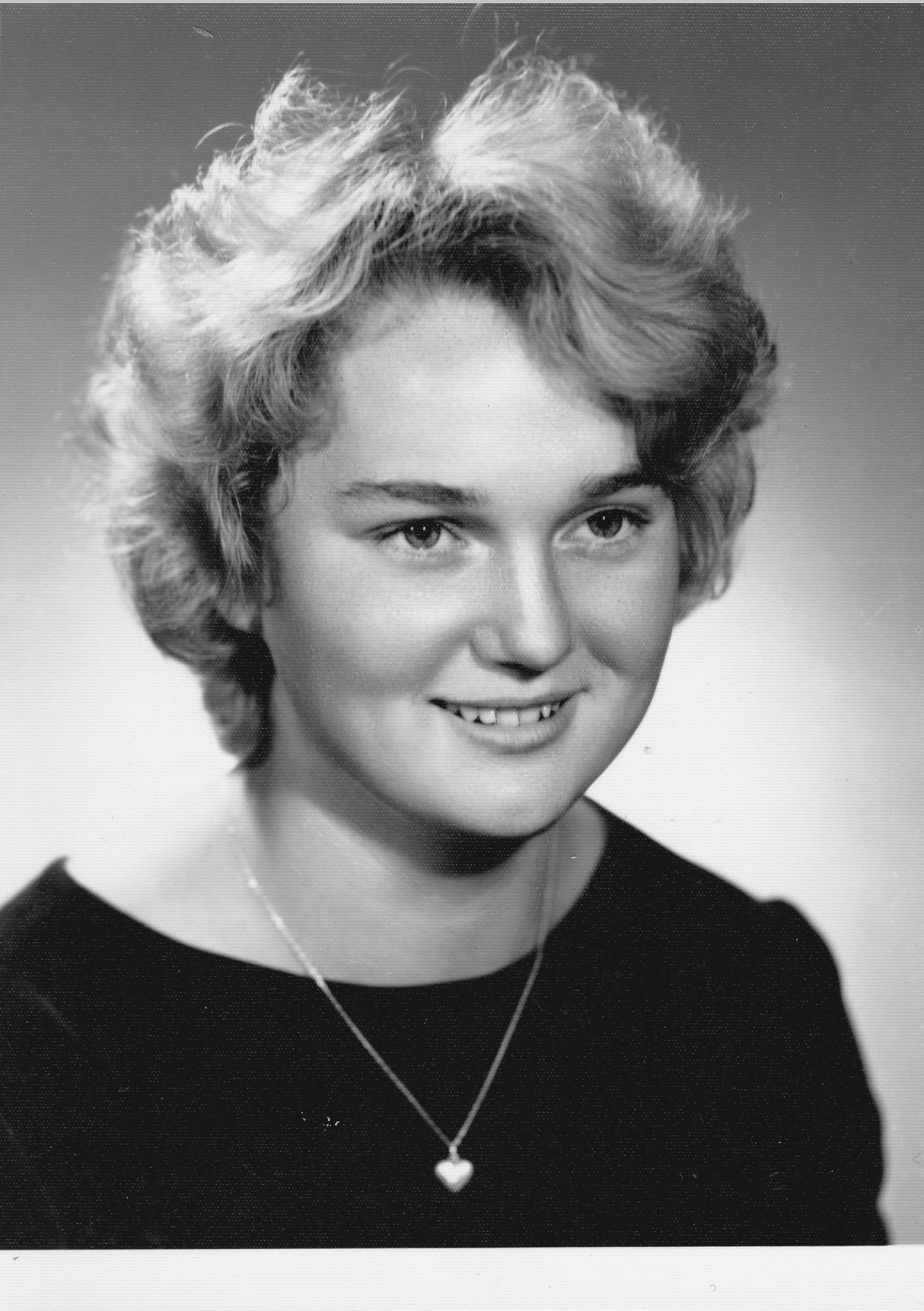Life has taught me not to grow attached to things and not to accumulate them

Stáhnout obrázek
Jana Eliášová, née Ryňáková, was born on August 22, 1947 in Humenné in Slovakia as the second of twins. Her mother Milada was a payroll accountant and her father Jan Ryňák owned a sawmill and a furniture factory in Humenné. The communists confiscated his factory in 1949 after the coup d‘état and they sentenced him to many years of imprisonment as a capitalist. They eventually changed his sentence to ten years of forced labour. As a result, the family frequently had to move all over Czechoslovakia. Jana suffered from constantly having to change schools and homes and she had problems with adapting to the new environment and she did not have any friends. Moreover, her father‘s punishment was never discussed in the family and only as an adult she learnt about the true reason why the family had to move so frequently. In 1959 the family moved to Příbram, where her father worked in uranium mines. Jana remembers the construction of the housing block estate and the culture house in Příbram by political prisoners. Due to her class origin she was not allowed to study at grammar school (which was called secondary school of general education at that time) and therefore she went to study at a secondary school of agriculture in Březnice. Later she completed her graduation exams and a three-year advanced study for teachers in Prague, specializing in kindergartens. Her first job placement was in Dobříš, and after her maternity leave she became the principal of the kindergarten in Ouběnice. Through her husband, who was a jazzman, she established contacts with the Prague dissent movement. She and her husband were distributing Charter 77 in Příbram as well as the samizdat newspaper Lidové noviny. In 1989 she was active in the Civic Forum in Příbram. At present she lives in Skalice near Daleké Dušníky.





